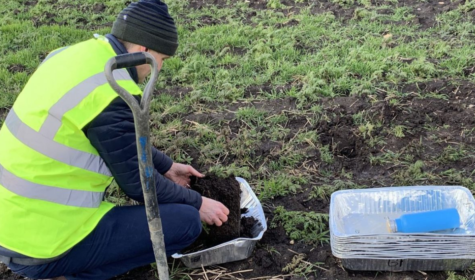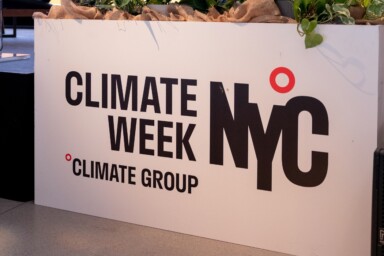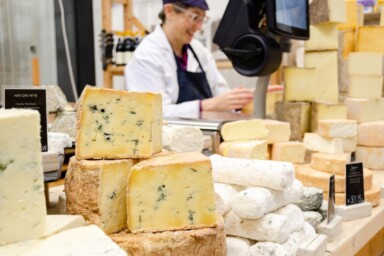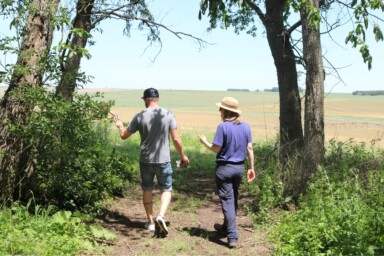The fragility of the UK’s food security has never been so stark as it is in the current global crisis of the coronavirus pandemic. We need to build up the resilience of our food supply, so it can withstand such threats. This means ensuring a secure supply of healthy food that is affordable, but does not cost the Earth.
If we are to ensure the sustainability of food production, we must be able to measure the impact of farming activities, to understand where we currently stand, where we would like to be and what we need to get there. Whilst there are multiple tools and protocols used to assess on-farm sustainability, there is no universally agreed method of sustainability measurement.
With this in mind, in 2017 the SFT set out to create a universal framework of sustainability assessment, to develop a harmonised system of sustainability auditing that everyone can use – much like our universal system of financial auditing where there can be no ambiguity over what counts as ‘in the red’ and what is ‘in the black’.
We are currently undertaking one of Defra’s Environmental Land Management (ELM) test and trial projects, to test the idea of introducing annual sustainability assessments for all farmers taking part in the new scheme. As such, we have received funding to further develop the framework. We are carrying out this work in collaboration with farmers, which is essential if the framework is to be relevant and practical, alongside an academic partner at the Royal Agricultural University (RAU) and other stakeholders including organisations like the Farming and Wildlife Advisory Group, industry and governmental bodies like Natural England and the Agriculture and Horticulture Development Board, as well as certifiers such as Red Tractor.
After two collaborative and extremely productive workshops with farmers and stakeholders, one in November 2019 and the second in February 2020, the framework has been refined and developed into a self-assessment protocol by our academic partner at the RAU, an expert in sustainability assessment. This framework will be available for public use in the very near future.
We believe that self-assessment puts farmers at their rightful place in the ‘driving seat’ of monitoring sustainability, both for the purpose of receiving ELM payments as well as managing their own businesses. Importantly, it could also provide a platform for feeding in information farmers already collect for different organisations, including certification, to reduce duplication of effort.
Our next step is to pilot the framework via the self-assessment protocol on 25 farms across England (to which the ELM trial is restricted) representing a range of farming systems and enterprises. This stage is due to start this month. Because like much of the world, the UK is currently under full lockdown, the researcher is unable to visit any of the participating farms to help farmers use the protocol and collect their feedback. Nonetheless, in order to continue to progress this work, we will be carrying out the piloting virtually, using video conferencing software. The participating farmers have readily agreed to this, illustrating the enthusiasm for this important work and their flexibility in working in unexpected, innovative ways. We are excited to be moving on to this next stage in the project and will continue to provide regular updates on how we’re getting on.







